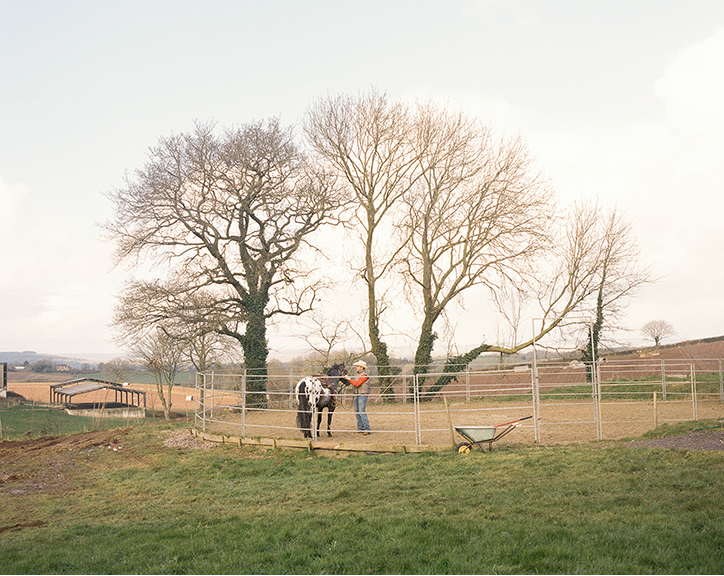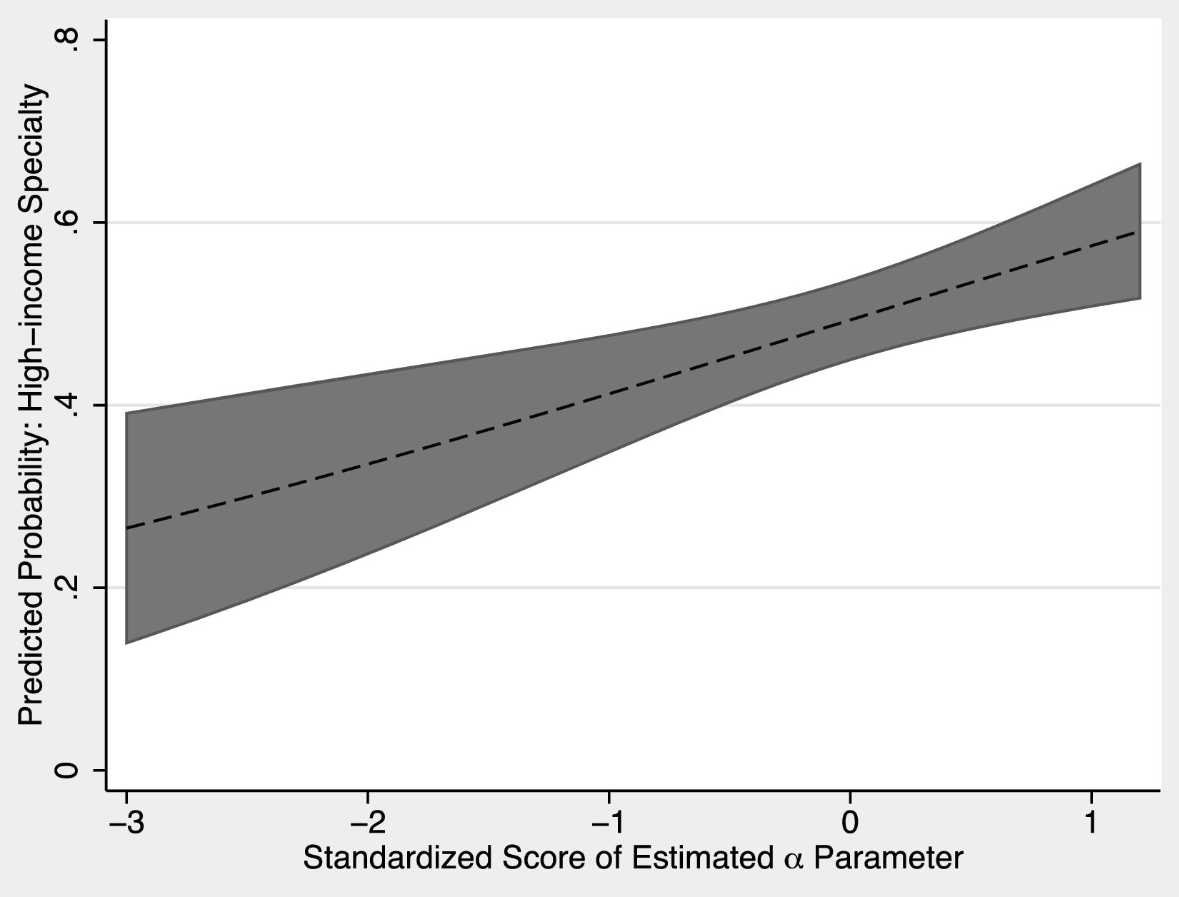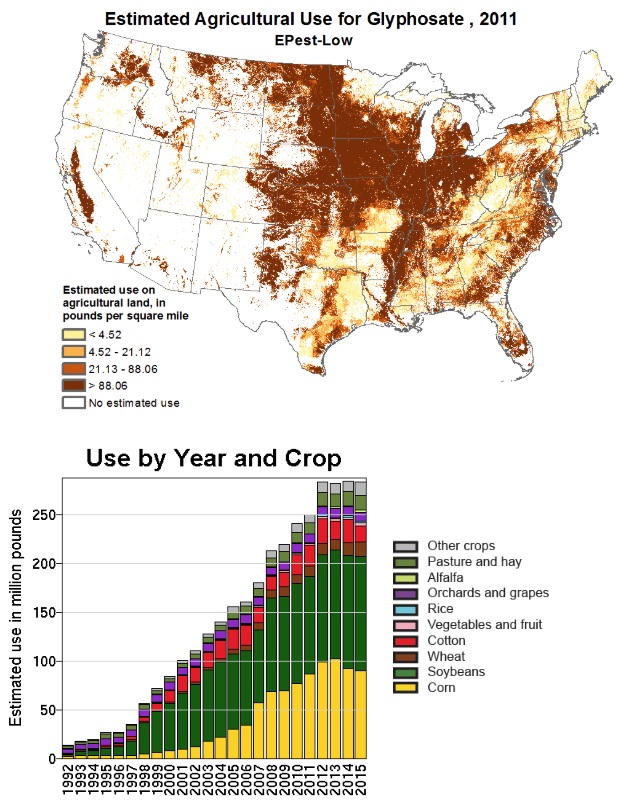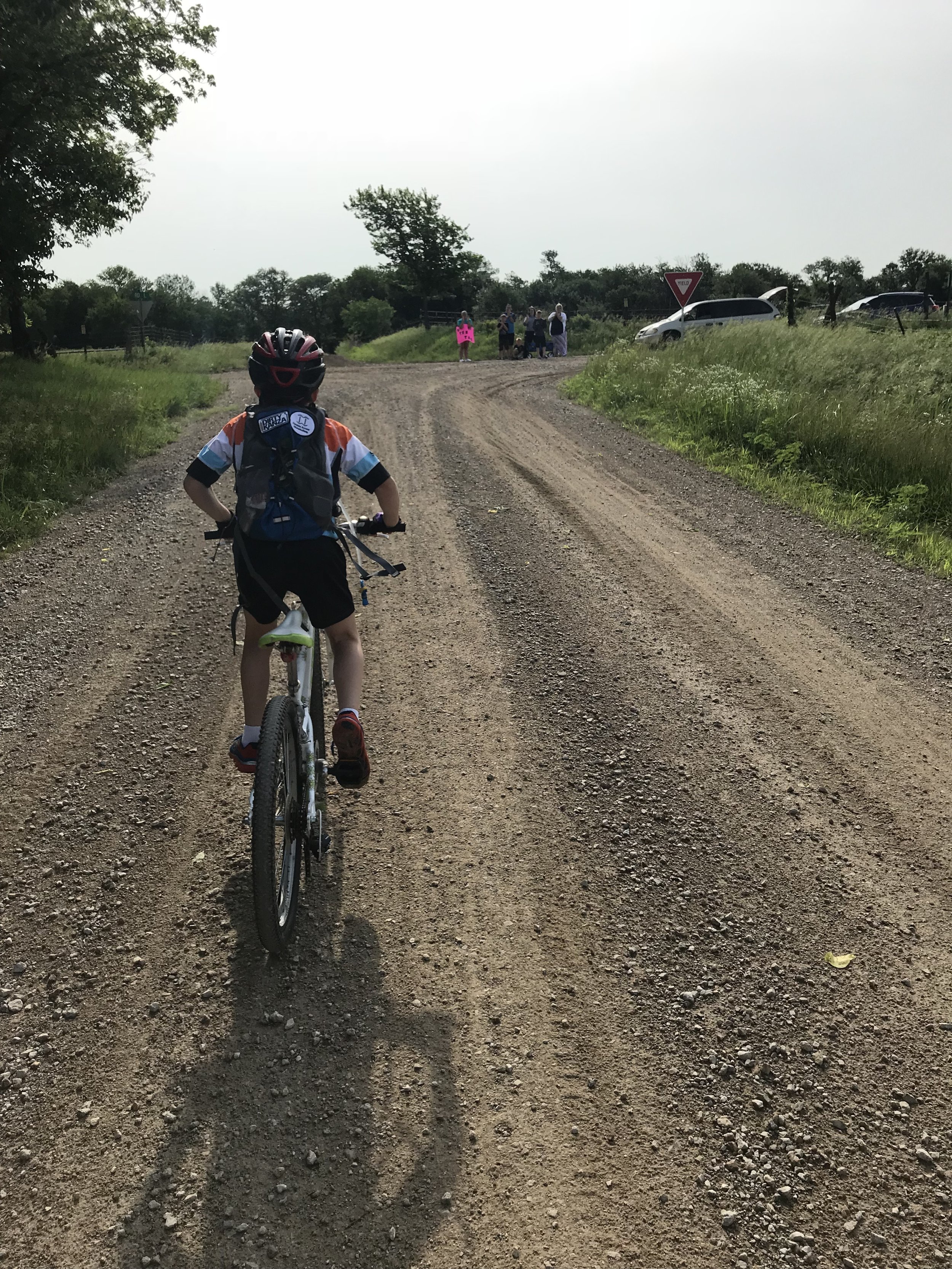Edible cotton is coming
And I just can’t help but think about picking it out of my teeth. I know, I know, it’s the seeds that are edible. Still.
Microplastics are everywhere. In salt. In your poop.
I’ve been to Strataca in Hutchinson, Kansas, an old salt mine-turned-storage facility and tourist destination. I highly recommend it. One of the curiosities of Strataca is the ancient, undecomposed trash, having spent the last century in 70 degree dry air without UV light. So it was interesting that rock salt in this study was relatively free of microplastics:
“In another indicator of the geographic density of plastic pollution, microplastics levels were highest in sea salt, followed by lake salt and then rock salt.”
And levels varied according to geography, mostly in parallel with the amount of plastic pollution in the environment:
“…those from Asian brands were especially high, the study found. The highest quantities of microplastics were found in salt sold in Indonesia. Asia is a hot spot for plastic pollution, and Indonesia—with 34,000 miles (54,720 km) of coastline—ranked in an unrelated 2015 study as suffering the second-worst level of plastic pollution in the world.”
Why does this matter? Well, besides the very depressing thought that we’re polluting the planet with infinite amounts of unbiodegradable trash, plastic contains chemicals that fool our bodies into acting weird because we misinterpret those chemicals as signals. And while I worry that this will turn into some kind of fetishized quest for microplastics that will detract from bigger issues like the source of all that plastic pollution in the first place, the idea that there is invisible plastic in our environment that we’re almost powerless to avoid is…kind of scary.
Nine percent (9%!) of national greenhouse gas emissions are attributable to the healthcare sector
The Chicago “Tylenol Murders” of 1982 are still unsolved
Just like 40% of murders overall.
And did you know that Tylenol comes from the chemical name for acetaminophen? aceTYLaminophENOL


















